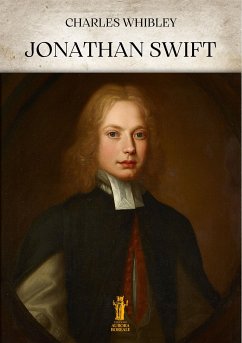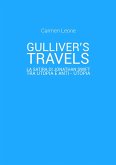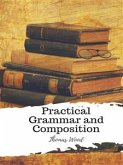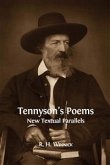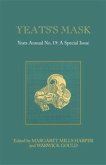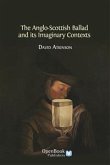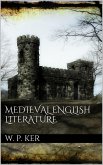Charles Whibley (1859-1930) was an English literary journalist, author and essayist. Educated at Bristol Grammar School and Jesus College, Cambridge, where he took a first in classics in 1883, he became the Paris correspondent for the Pall Mall Gazette, moving in symbolist circles with Stéphane Mallarmé, Marcel Schwob, and Paul Valéry.
It was an open secret that Whibley contributed anonymously, to the Blackwood's Magazine, his Musings without Methods for over twenty-five years. Thomas Stearns Eliot described them as «the best sustained piece of literary journalism that I know of in recent times». Whibley was friends with William Ernest Henley and contributed to the Scots Observer and also to the National Observer under Henley's editorship.
Jonathan Swift, the short essay that we propose to our readers today, is a lecture delivered by Charles Whibley to the University of Cambridge on May 26 1917. It is dedicated to the great Anglo-Irish satirist, author, poet, essayist, and political pamphleteer, remembered for works such as A Tale of a Tub (1704), An Argument Against Abolishing Christianity (1712), Gulliver's Travels (1726), and A Modest Proposal (1729).
It was an open secret that Whibley contributed anonymously, to the Blackwood's Magazine, his Musings without Methods for over twenty-five years. Thomas Stearns Eliot described them as «the best sustained piece of literary journalism that I know of in recent times». Whibley was friends with William Ernest Henley and contributed to the Scots Observer and also to the National Observer under Henley's editorship.
Jonathan Swift, the short essay that we propose to our readers today, is a lecture delivered by Charles Whibley to the University of Cambridge on May 26 1917. It is dedicated to the great Anglo-Irish satirist, author, poet, essayist, and political pamphleteer, remembered for works such as A Tale of a Tub (1704), An Argument Against Abolishing Christianity (1712), Gulliver's Travels (1726), and A Modest Proposal (1729).

